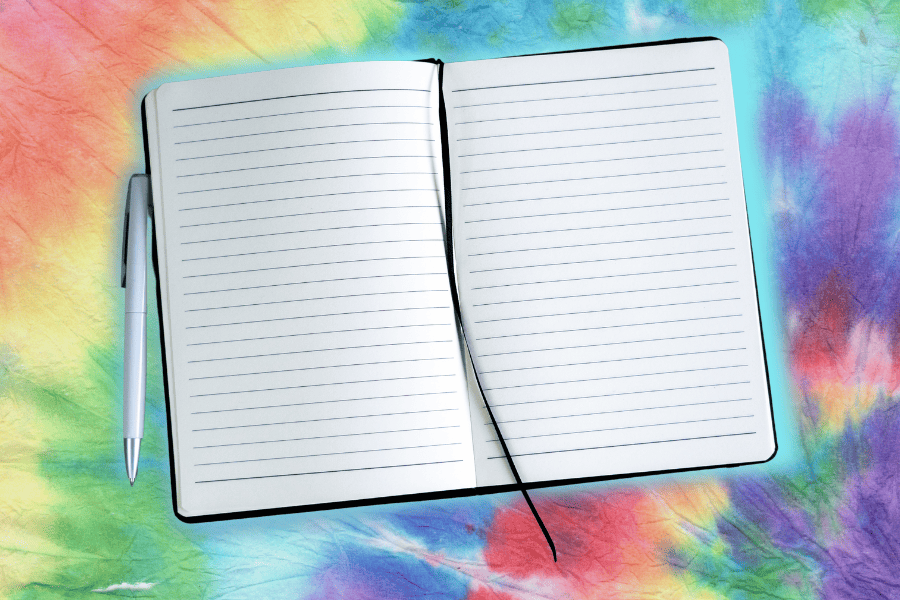Microdosing and Breathwork: A Guide to Healthy Living Through Subtle Practices

Breathwork is a powerful tool for getting the most out of a microdosing regimen. When practiced consistently, it can heighten awareness throughout the day and strengthen your connection to the present moment.
What Is Breathwork?
As the name suggests, breathwork involves intentional and regulated breathing patterns. This practice originated in yoga through Pranayama and has been embraced across many Eastern traditions, including Tai Chi.
At its core, breathwork is about consciously shifting how you breathe. Rather than allowing the breath to remain automatic and shallow, you deliberately guide its rhythm, depth, and pace. This simple adjustment can have a powerful impact on the nervous system, emotional regulation, and mental clarity.
Daily mindful breathing offers benefits for the body, mind, and emotional state. One commonly reported outcome is an increased ability to enter deeper states of awareness and focus with less effort. Over time, breathwork becomes a dependable tool for grounding, stress reduction, and self-regulation.
Below, we’ll explore several breathwork techniques and how they can complement a microdosing practice.

What Is Microdosing?
Microdosing refers to taking very small amounts of a psychedelic substance—typically low enough that daily functioning remains unaffected while subtle effects may still be present.
Microdosing differs significantly from higher doses used in recreational or therapeutic psychedelic sessions. There is no universally accepted scientific definition, but researchers often describe microdoses as between one-fifth and one-twentieth of a typical recreational dose.
For example, in studies using pure psilocin (the active compound derived from psilocybin), a microdose has been defined as less than one milligram, whereas a medium dose may be around 15 milligrams. If you want a deeper overview, check our guide on microdosing.

Three Core Breathwork Techniques
Breathwork encompasses a wide range of practices, which can feel overwhelming at first. The key to choosing the right technique is understanding your intention. Some methods are more activating and energizing, while others are calming and restorative.
In practice, many breathwork techniques balance both qualities—stimulating awareness while also encouraging relaxation. Over time, this balance supports nervous system regulation and improves the body’s ability to enter healthy rest-and-digest states.
Below are three widely practiced breathwork techniques, each serving a distinct purpose.
1. Mindful Breathing
Mindful breathing involves gently placing attention on the breath and observing it without trying to change it. This practice anchors awareness in the present moment and is often the foundation of many mindfulness traditions.
Although simple, mindful breathing has been shown to produce meaningful long-term benefits. Research suggests it can help reduce symptoms of anxiety and depression, and when combined with microdosing, some individuals report enhanced focus and emotional balance.
2. Diaphragmatic Breathing
Diaphragmatic breathing—sometimes called belly breathing—involves engaging the diaphragm so the abdomen expands on inhalation and softens on exhalation. This deep, slow breathing pattern improves oxygen exchange and slows the overall breath cycle.
This technique activates the parasympathetic nervous system, promoting calmness and emotional regulation. It has been practiced for centuries by martial artists and meditators and is supported by research showing benefits for focus, mood, and reductions in stress-related hormones such as cortisol.
3. Holotropic Breathing
The term “holotropic” comes from the Greek words holos (whole) and trepein (moving toward), describing a process of moving toward wholeness. Holotropic breathwork was developed by psychiatrist Stanislav Grof after psychedelic-assisted psychotherapy became restricted due to changes in drug laws.
Grof observed that deep emotional release during psychedelic sessions often coincided with specific breathing patterns. He later discovered that intensified breathing combined with music and a supportive setting could induce non-ordinary states of consciousness without the use of substances.
Holotropic breathwork involves faster, rhythmic breathing while listening to evocative music in a carefully structured environment. Participants work in pairs, alternating between the roles of breather and sitter. The process is self-directed, allowing the body’s innate healing mechanisms to guide the experience.
Some people find that microdosing enhances their sensitivity during holotropic breathwork. If you experiment with this combination, documenting the experience in a journal can be especially helpful.
The Importance of Journaling
Journaling has long been used as a therapeutic practice, and when combined with microdosing and breathwork, it can become a powerful tool for self-reflection and integration.
Many people report feeling calmer, more focused, and more emotionally aware when they consistently journal alongside their microdosing routine. Journaling also helps track patterns, insights, and subtle changes that might otherwise be missed.
A microdosing journal can be used to record:
- Breathwork sessions and techniques used
- Mood, focus, and energy levels
- Dosing schedules and tolerance breaks
- Personal insights or challenges
This practice is particularly useful for individuals who struggle with organization or memory, and it encourages intentional, responsible use.

Final Thoughts on Microdosing and Breathwork
Microdosing and breathwork together can support meaningful personal growth, increased awareness, and emotional balance. Even without microdosing, simply bringing attention to the breath is one of the most direct ways to reconnect with the present moment.
If you want to deepen your microdosing journey, consider starting your day with a short, breath-focused meditation using one of the techniques above. It’s a simple way to reinforce the awareness and intentionality you’re already cultivating.
Your point of view caught my eye and was very interesting. Thanks. I have a question for you.
Thank you for your sharing. I am worried that I lack creative ideas. It is your article that makes me full of hope. Thank you. But, I have a question, can you help me? https://www.binance.info/bg/register?ref=V2H9AFPY
Your article helped me a lot, is there any more related content? Thanks!